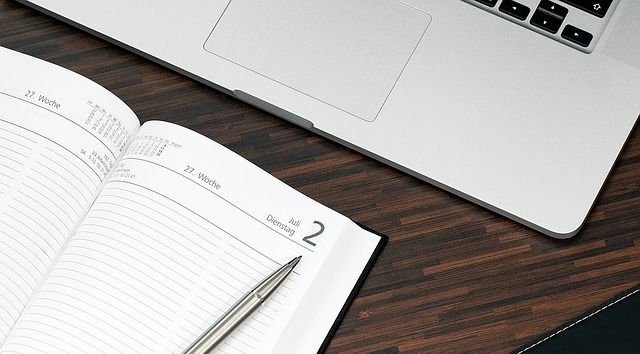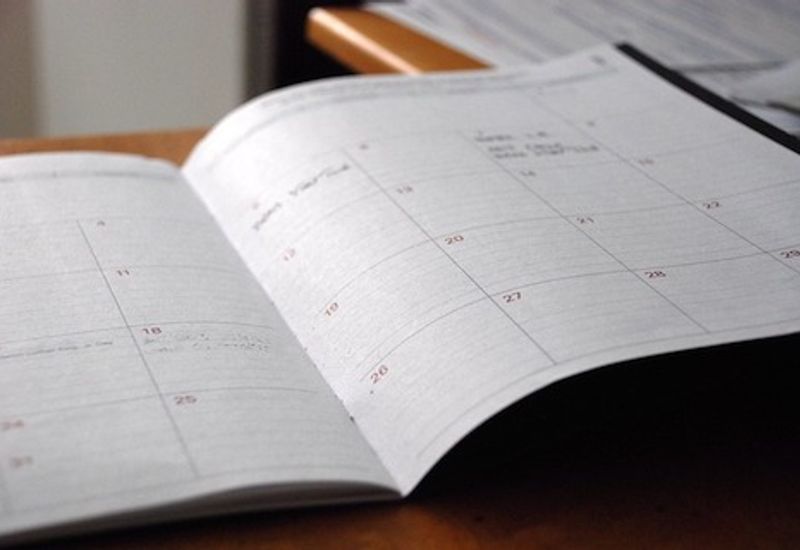Struggling to stay motivated and make progress with revision? A good revision timetable is surprisingly helpful. But before you get out the glitter pens, it’s time to stop procrastinating and read these tips to help you get stuck in with a brand new timetable.
Be realistic
It’s the number one error that everyone has made at some point. We’ve all thought ‘on Monday, Tuesday and Wednesday I’ll do 18 hours, then on Thursday I’ll do 20 hours and on Friday, maybe I’ll do 27 hours!’. Pigs can fly, right? If you schedule in 16 hours of revision and you don’t do it (what a surprise), it’s seriously demotivating. Set realistic targets that you know you can stick to and you’ll avoid that sinking feeling you get when you realise you’re 20 hours behind your schedule.
Use a revision timetable app
There are loads of free revision timetable apps that break up your work for you according to what you’re working towards and when you can revise. Plus, in this day and age, we’re far more likely to spot a notification on our phone than a scribbly piece of paper that’s hidden under a pile of notes and doodles. It also prevents you from getting carried away with creating an elaborate revision timetable (it’s time to admit that when you added glitter to your timetable, it was procrastination, not a necessary feature to help you pass your exams). Take a look at our article here to find the best revision apps.
Mark what you can't do
If you’re employed then remember to cross off all your shifts. If there’s a lot, you may want to think about cutting down. Also, remember to cross off time you have with friends and family that you know you can’t do. The more you stick to your timetable, the better you’ll feel about it.
Schedule breaks
Breaks are a very important part of revision and you won’t be able to retain all the information if you keep ploughing through for a long period of time. It can even have a detrimental effect. Different studies have different results but in general, it’s thought that 20-30 minute revision sessions with short 5 minute breaks are the best route to go down.
Be detailed
If your timetable is detailed and tells you exactly what you should be doing e.g. a past paper on Maths Statistics 1 at 16:00, then you won’t waste time deciding what to do next and you’ll definitely have a balance between the different subjects you should be studying.
Adapt your timetable to your revision style
Everyone works differently and whilst some people work best in the morning, others work best in the evening. Whichever works for you, make sure you schedule your time so that you’ll be revising in your preferred hours and have time off at the times that you know you won’t be as focused. If you prefer working in the day, make sure you have time off in the evening to wind down. If you prefer working in the evening, take the mornings off to relax. Nobody can work 24 hours a day.
Cross off as you go
Nothing is more satisfying. Literally. Nothing. A top tip is to add on a couple of things you’ve already done to tick off in the morning and get the day off to a good start. Even if it’s as simple as ‘washing hair’, it’s still insanely satisfying.

If you enjoyed this article, we think you'd love:













